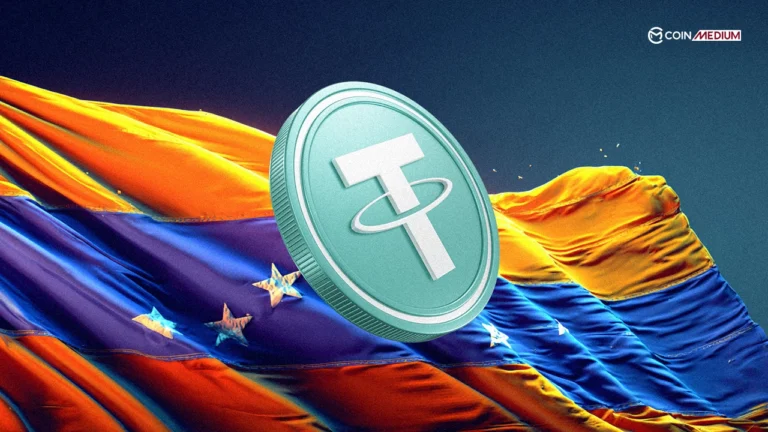- Thailand’s Cabinet approved a five year tax exemption on capital gains from cryptocurrency transactions, effective from January 1, 2025.
- The policy is part of Thailand’s strategy to become a global leader in digital assets.
- The Finance Ministry projects over 1 billion baht ($30.7 million) in additional tax revenue from increased crypto activity.
The Thai Cabinet approved a sweeping tax exemption on capital gains from cryptocurrency transactions.
This initiative forms part of Thailand’s broader strategy to establish itself as a leading global hub for digital assets.
The tax exemption eliminates personal income taxes on profits from cryptocurrency sales via licensed digital asset service providers.
It will be in effect for five years, from January 1, 2025, to December 31, 2029.
In a statement, Thai Deputy Finance Minister Julapun Amornvivat stated that the measure underscores the government’s ambition to position Thailand as “one of the world’s leading financial hubs.”
“This decision solidifies our commitment to fostering a vibrant digital asset ecosystem in Thailand.”
Julapun Amornvivat
He noted that Thailand is among the first countries to implement dedicated laws on digital assets and taxation, creating a framework to support growth while ensuring regulatory compliance.
The tax break applies specifically to transactions conducted on platforms licensed by the Thai Securities and Exchange Commission (SEC).
The framework requires adherence to Anti-Money Laundering (AML) standards as recommended by the Financial Action Task Force (FATF).
The Finance Ministry estimates the policy could generate over 1 billion baht (approximately $30.7 million) in additional tax revenue over the next five years through increased economic activity linked to cryptocurrencies.
Industry analysts suggest the long-term impact could be far greater.
Jagdish Pandya, founder of Blockon Ventures, predicted, “Thailand’s cryptocurrency holdings could reach $1 trillion by 2030.”
The announcement aligns with other crypto-friendly policies, such as a recent initiative allowing tourists to use digital assets in Thailand.
The pilot program, set to roll out later this year, will allow crypto payments to be instantly converted to baht for merchants, simplifying the user experience.
Recently, Thailand’s Ministry of Finance unveiled plans to issue $150 million in digital investment tokens, enabling the public to invest in government bonds.
As countries like Brazil move in the opposite direction by introducing new crypto taxes, Thailand’s approach highlights a growing divergence in global regulatory strategies.








